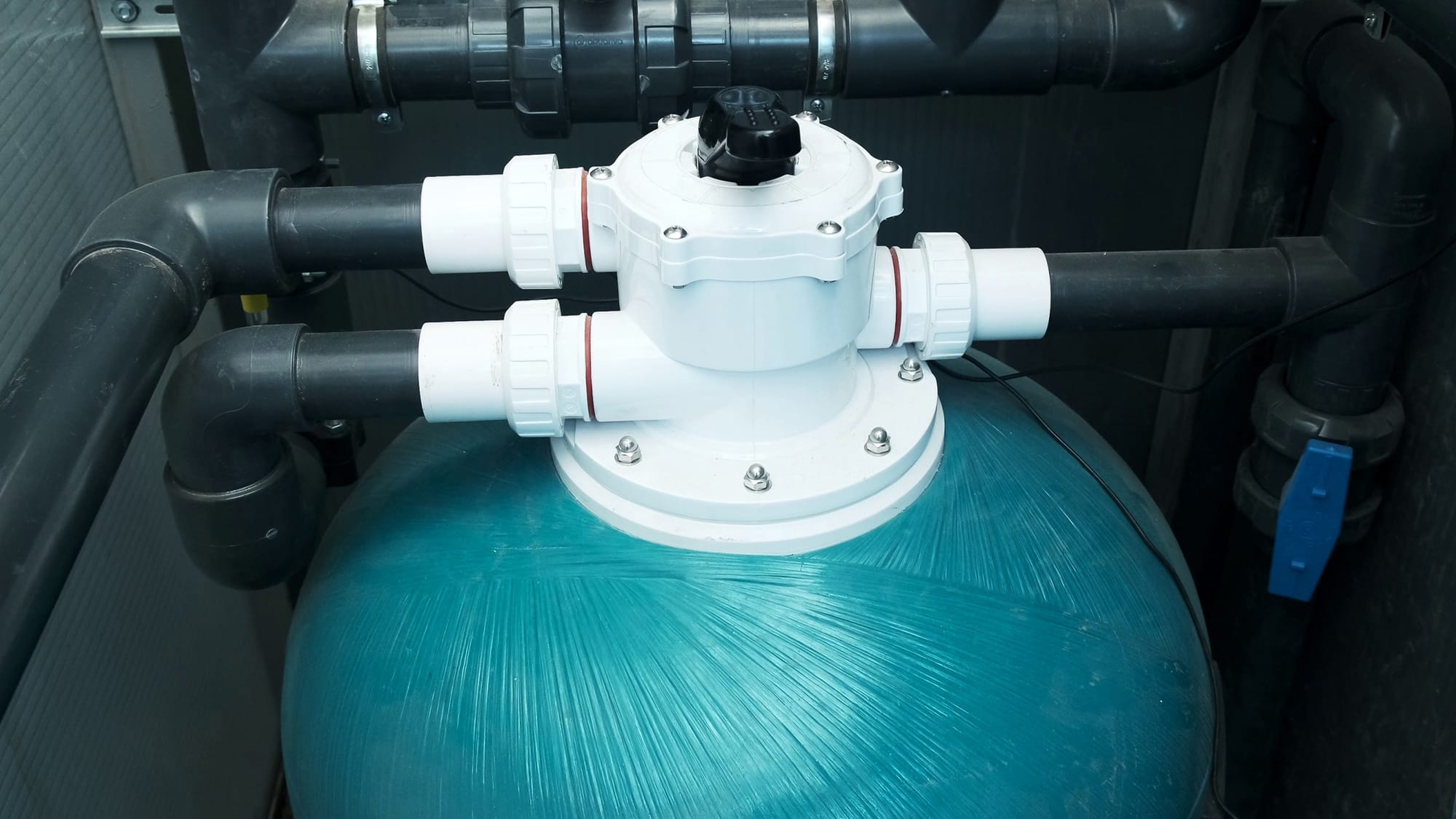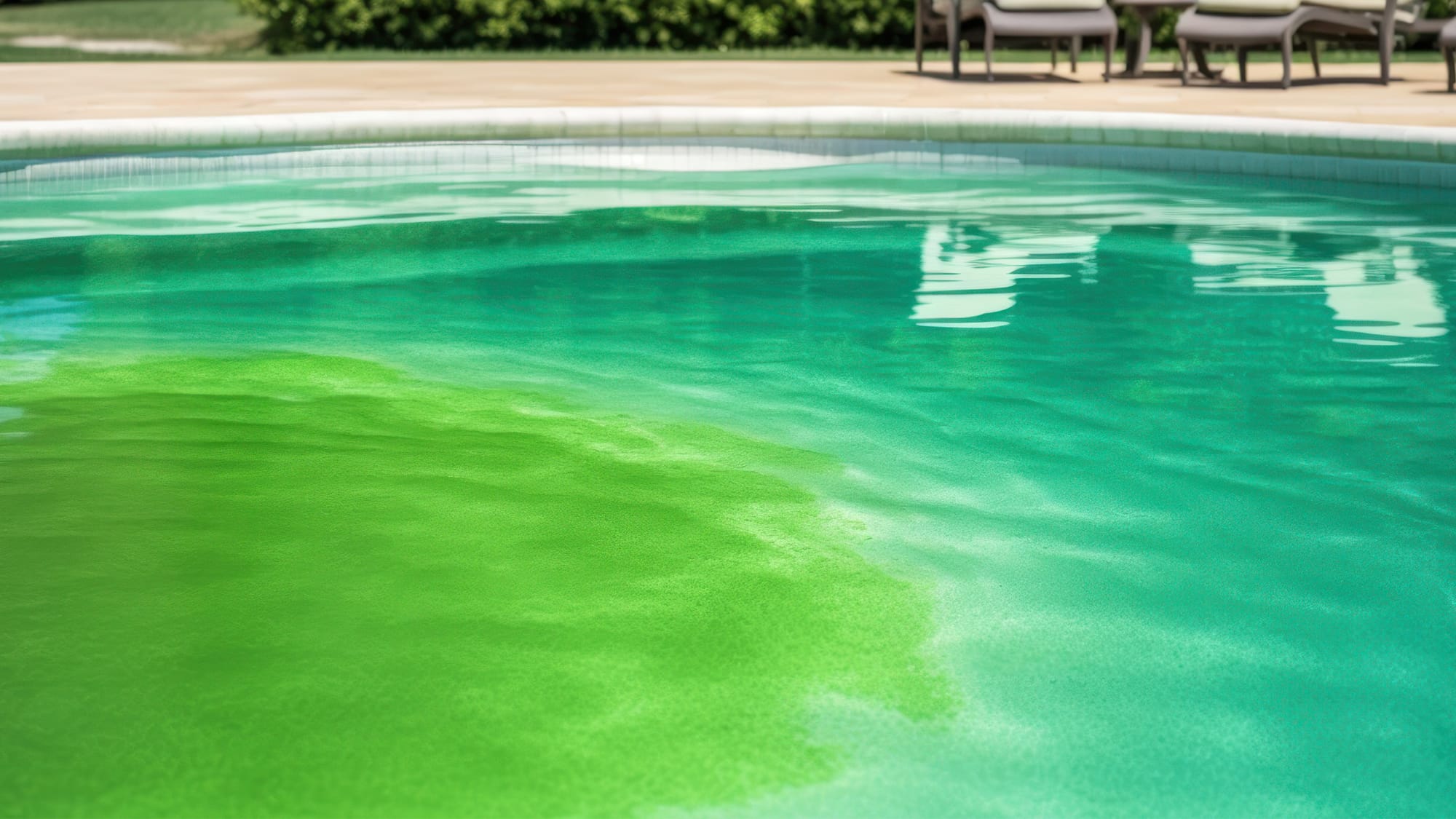Is It Okay to Run a Pool Pump 24 Hours a Day?

Should you run your pool pump 24 hours a day? Well, it totally depends on your needs. While it’s not necessary, you may choose to run your pool pump 24/7, given that it can withstand continuous operation. Let’s discuss the pros and cons of running your pump constantly, along with energy costs, lifespan, and practical tips to keep it working smoothly. By the end of the blog, you’ll know the best schedule to run my pool pump 24 hours a day.
Why Pool Pump Run Time Matters
Pool pumps are the backbone of pools. They are necessary to filter and circulate water. If running all day and night, they effectively circulate water across the pool. When water circulates, it distributes chemicals evenly. As a result, any algaecides or pool shock you may have added get dissolved thoroughly. Pool water circulation is also important to prevent algae growth. When there is no stagnant water, there won’t be any algae.
However, there are some considerations. If you’re running your pool pump constantly, it will rack up your energy bills. The best way to keep your water clean and filtered is to limit that time to about 6-to-12 hours instead of 24. If your pump is running constantly, its lifespan may be reduced due to wear and tear.

Can You Run a Pool Pump 24 Hours a Day?
You can run the pool pump all day and all night. This depends on how good the pump is and how capable it is of meeting the demand. You may refer to the manufacturer’s guidelines to check for recommended running times. A variable-speed pool pump can easily run 24/7 as it runs on a low-speed setting when full power isn’t required. It helps save on energy expenses and reduces power consumption while circulating water effectively.
Pros of Running Your Pool Pump 24/7
- If you run your pool pump 24 hours a day, it will hinder algae growth, as the water is never stagnant.
- There is no buildup of any debris as filtration continues uninterrupted.
- Due to circulation, chemicals are effectively dispersed. Hence, the pool has a balanced water chemistry, even in hot climates.
Cons of Running Your Pool Pump 24/7
- Constant pool pump runs lead to high energy costs and bills. For instance, a 1.5 hp pool pump uses about 1.5-2 kW/hour.
- If your pool pump cannot handle constant runs, it will experience wear and tear over time.
How Long Should You Run Your Pool Pump?
The main question is, how long should a pool pump run daily? Well, this depends on your pool’s turnover rate. It means one full cycle of pool water through the pool filter. To determine that, you first need to know about the pool volume. You can get an idea from online calculators. Once you know that, find out the turnover rate.
The pump running hours can be calculated basically as pool volume/pump flow rate. Consider a 15,000-gallon pool that has a 30-gallons-per-minute water circulation pump. The whole water volume in the pool would be passed once through the system in approximately 8 hours. This offers you a general idea of the time your pump needs to be on. Moreover, weather conditions, debris levels, and pool usage are the factors that might make running the pump longer or shorter necessary.
Variable-Speed vs. Single-Speed Pumps
Pool pumps can be classified into two major kinds: single-speed and variable-speed. A single-speed pump will always run at standard speed; a variable-speed pump can adjust its speed to save energy. If the variable-speed pump can run 24 hours at a lower speed, it saves pool pump energy usage by giving a wise circulation of the pool water.
For instance, it uses about 30-50% less electricity than a single-speed pump. On the other hand, a single-speed pump doesn’t change its speed, and you cannot run it the whole day, as it incurs energy costs and may also experience wear or tear if it can’t handle constant running.
Tips to Optimize Your Pool Pump Schedule
Do you have an idea about the kinds of pool pumps and the recommended run time? Follow these tips to optimize your best pool pump schedule.
- Run pool pumps during off-peak hours to save energy costs.
- Use a pool timer for consistent scheduling.
- Increase run time in summer or after heavy pool use.
- Regularly clean filters to maintain efficiency.
Energy-Saving and Maintenance Tips
Follow these tips to save energy and extend the pump’s lifespan.
- Upgrade to a variable-speed pump for efficiency.
- Monitor water chemistry to reduce pump reliance.
- Perform regular pump maintenance to extend lifespan.
It’s important to follow these practical tips to save energy and keep your pool filtered. Use robotic pool cleaners to remove debris buildup and help pool pumps reduce their run time. For example, a cutting-edge cordless option like the Aiper Scuba X1 Pro Max can significantly reduce the amount of time your main pool pump needs to run. By efficiently cleaning your pool's floor, walls, and waterline, you help manage debris and maintain water clarity, allowing your primary pump to operate for shorter, more optimized cycles.
Before You Leave
You don’t need to run your pool pump 24/7. You may follow a specific schedule to run your pool pump. It depends on the pool size, pump type, and weather. Want to know your pool’s ideal run time? Calculate it today.

